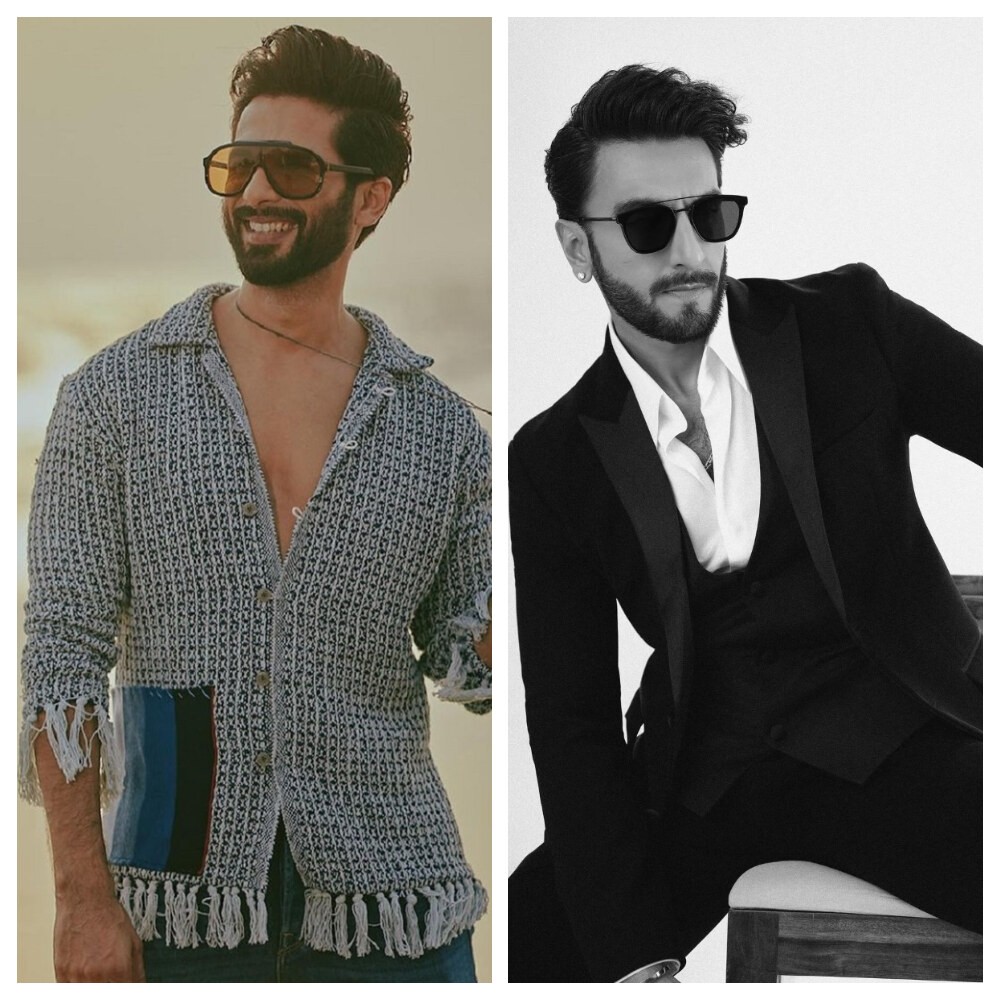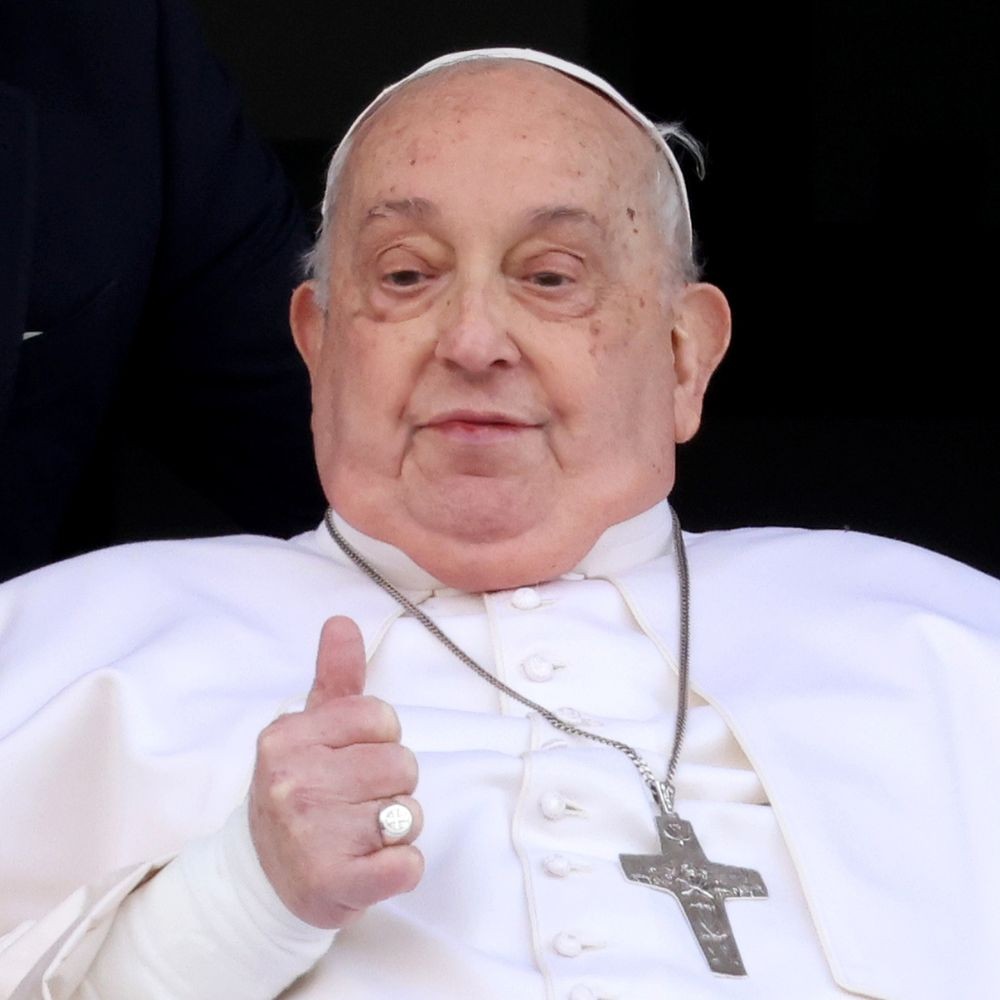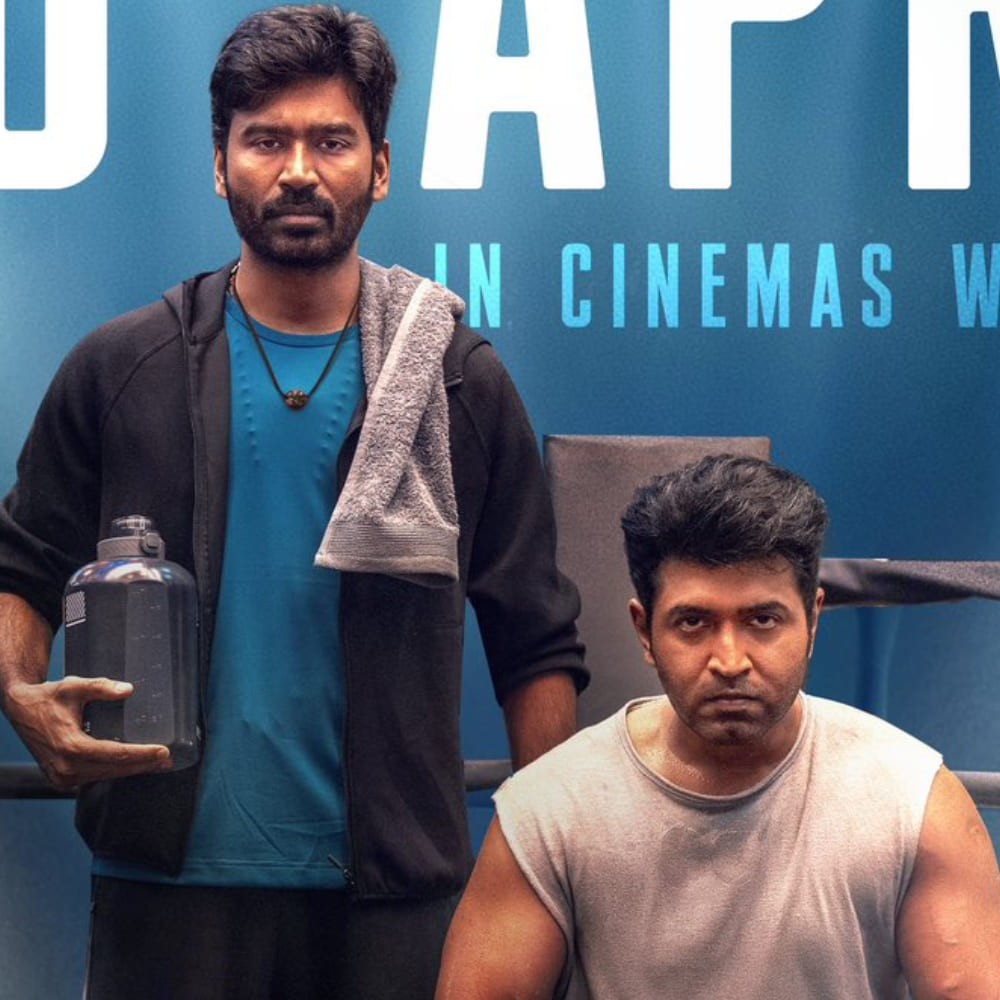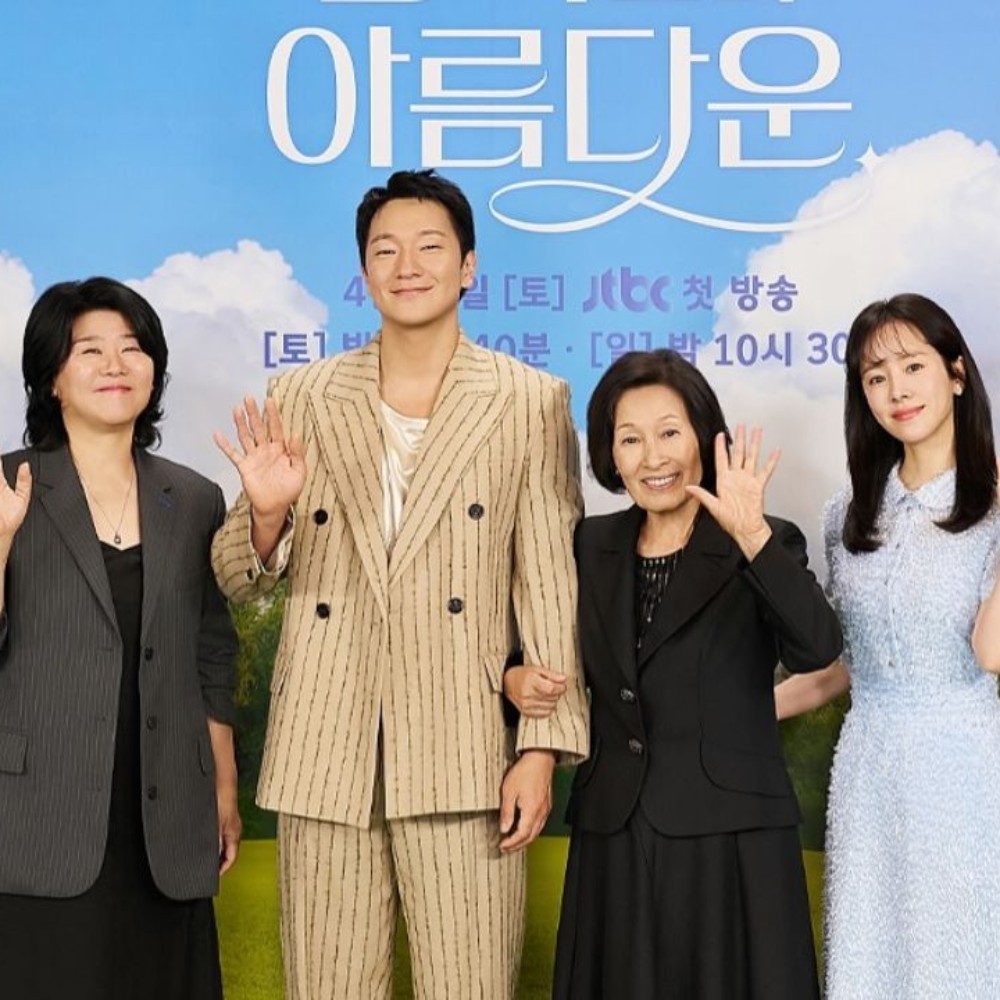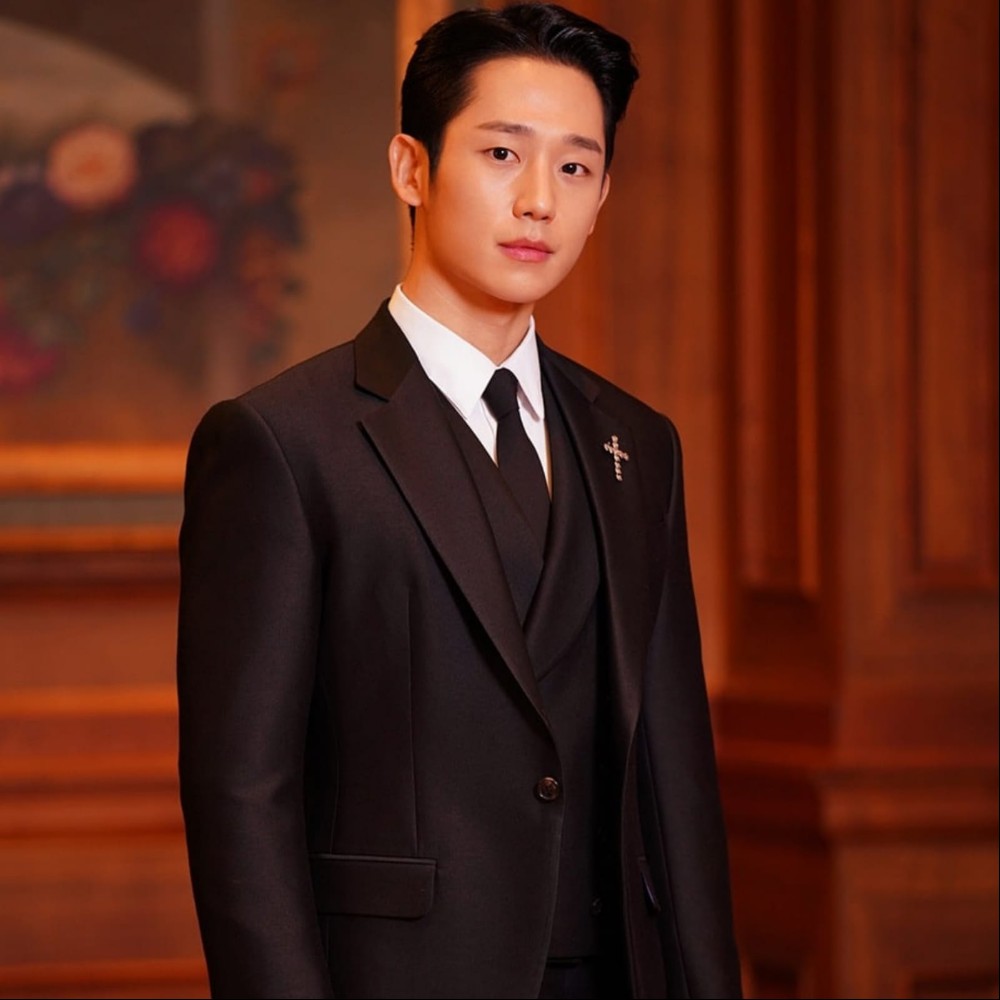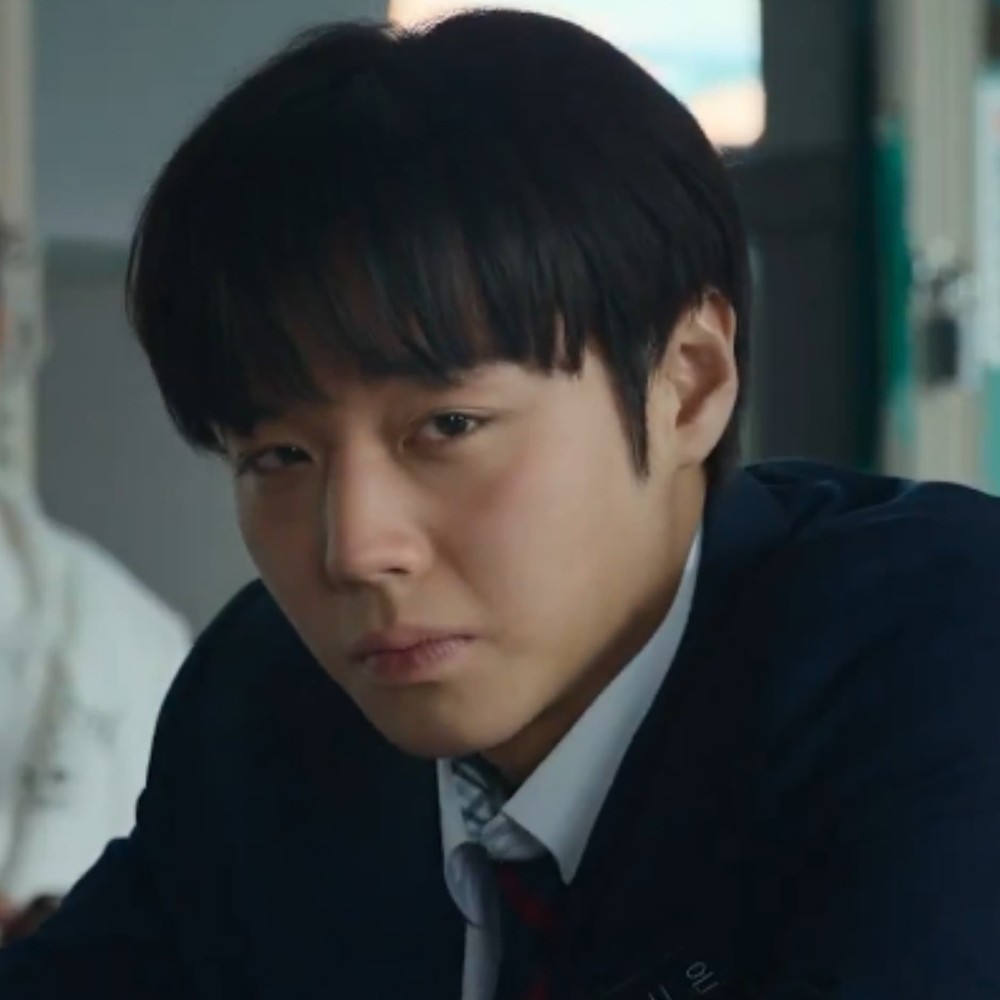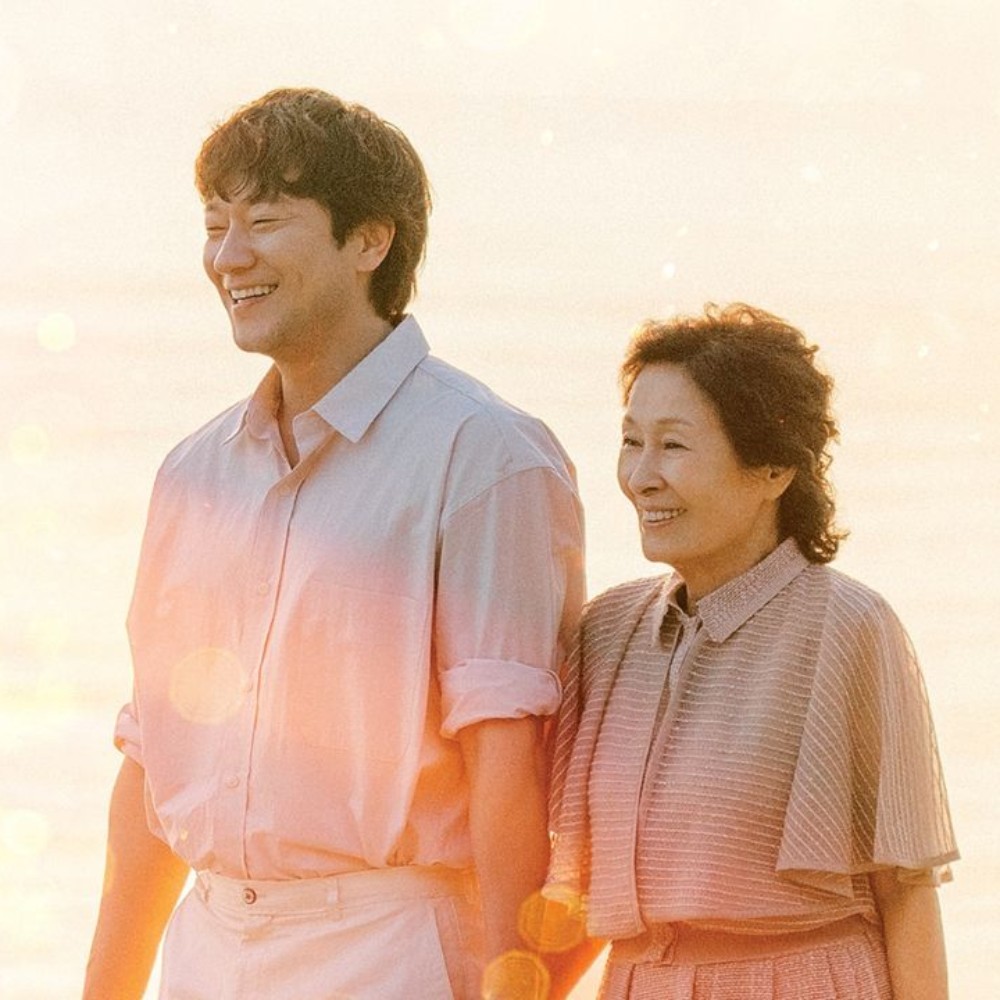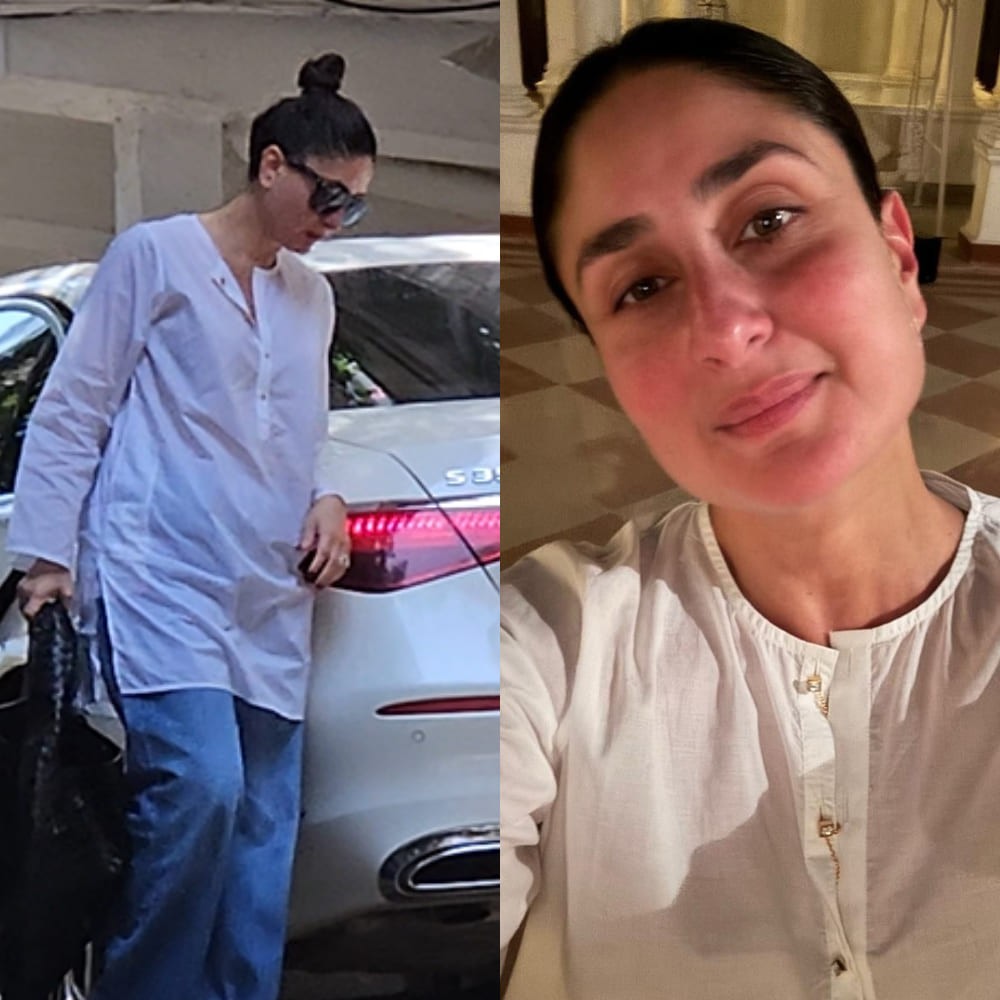Pope Francis Dies at 88 After Battling Lung Cancer, Vatican Camerlengo Announces in New Video
Pope Francis dies at 88 after battling lung illness; the first Latin American pontiff leaves behind a legacy of humility, inclusion, and global outreach.
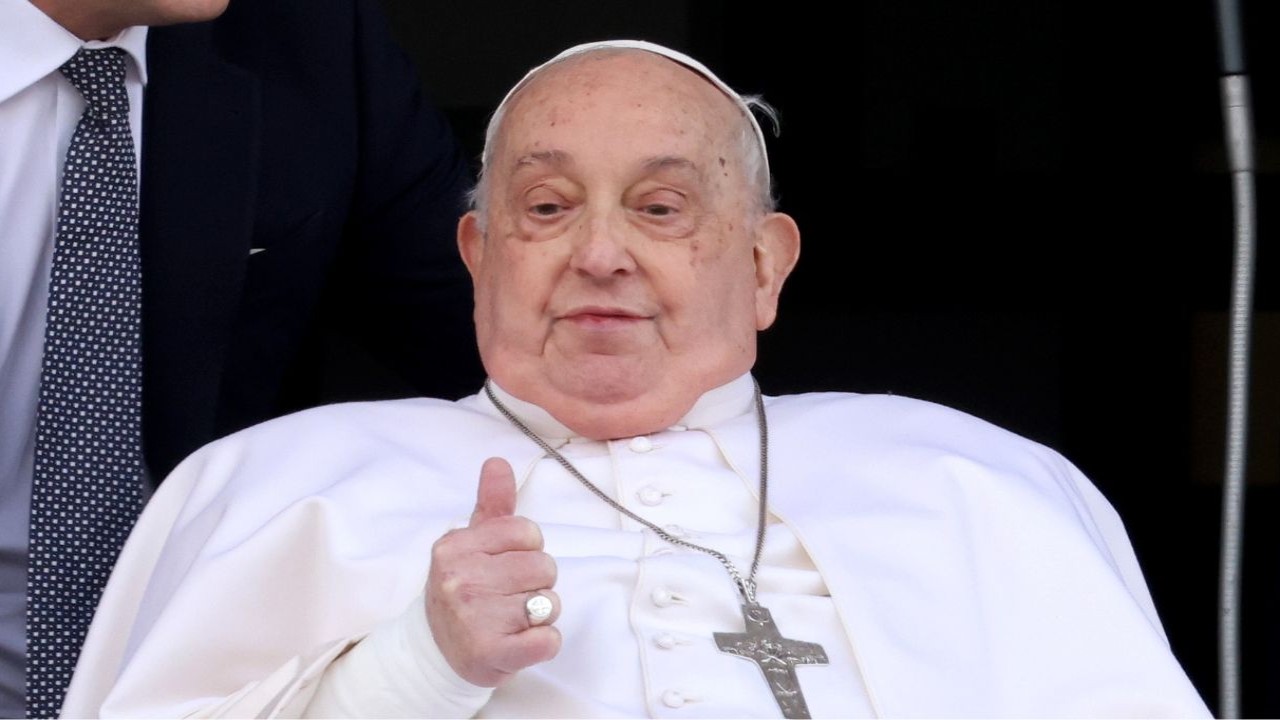
Trigger Warning: This article contains references to an individual's death.
Pope Francis, the head of the Roman Catholic Church, has died at the age of 88 following complications from a lung illness. Cardinal Kevin Farrell shared the news in a video statement aired Monday on the Vatican’s TV channel. “Dear brothers and sisters, it is with profound sadness I must announce the death of our Holy Father Francis,” he said.
“At 7:35 this morning, the Bishop of Rome, Francis, returned to the house of the Father.” The pontiff had been recovering from pneumonia since his release from Rome’s Gemelli Hospital in March 2025 and had been under doctors’ care at the Vatican.
Born Jorge Mario Bergoglio in Buenos Aires, Argentina, on December 17, 1936, he was the first Latin American and first Jesuit to become pope. He took office in March 2013 after Pope Benedict XVI resigned, becoming the first non-European pope in over 1,000 years.
Francis was widely known for his humble lifestyle and approach. He chose to live in a guesthouse instead of the Apostolic Palace and often emphasized his desire for 'a poor church, for the poor.'
Pope Francis led with a message of openness and compassion. He welcomed marginalized groups, stating in 2013, “If a person is gay and seeks God and has goodwill, who am I to judge?” He later approved blessings for same-s*x couples and condemned laws that criminalized homosexuality.
Francis also focused on major global issues, including climate change and refugee rights. In 2015, he released the encyclical Laudato si’, urging world leaders to act on the climate crisis. A follow-up document, Laudate Deum, was published in 2023.
Francis’s nearly 12-year papacy included efforts to apologize for historical injustices. In 2022, he visited Canada and expressed sorrow for the Catholic Church’s role in residential schools. “I am deeply sorry,” he told Indigenous communities. However, some said he stopped short of accepting full institutional responsibility.
In 2024, his comments about Ukraine 'waving the white flag' drew criticism, including from President Volodymyr Zelenskyy. Though later clarified, the remarks raised concerns about his understanding of global conflicts.
Still, Francis appointed 73% of current cardinals, shaping the church’s leadership for years. Professor Massimo Faggioli said, “Pope Francis made it clear that the church is not forever tied to European Mediterranean culture.”
The conclave to choose the next pope will begin soon, but Francis’s influence is expected to remain strong in the years ahead.





 JOIN OUR WHATSAPP CHANNEL
JOIN OUR WHATSAPP CHANNEL